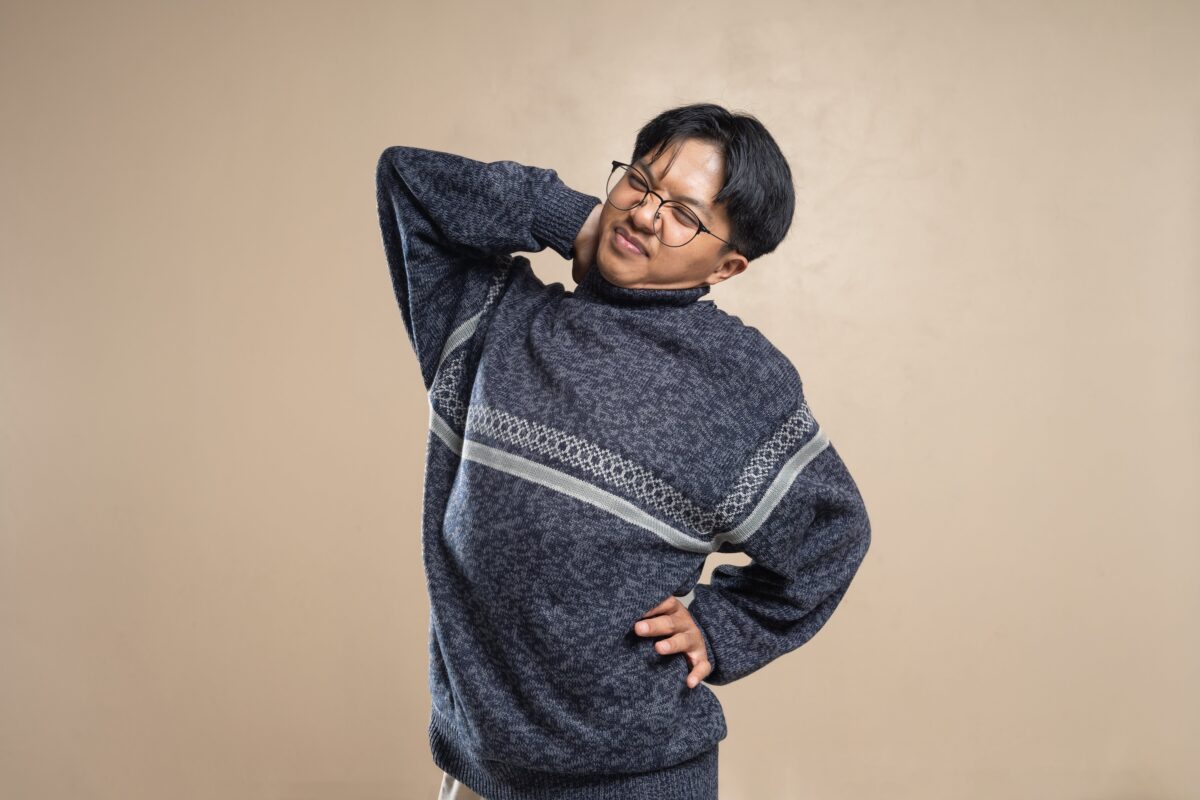In today’s busy world, people often sacrifice sleep for work or fun. But not getting enough sleep can have more serious consequences than just feeling tired. One of these consequences is that it can make you more sensitive to pain. Researchers and doctors are learning more about how sleep and pain connected.
How sleep and pain are connected
Sleep is very important for staying healthy. It’s when your body repairs itself and recharges. If you don’t get enough sleep, it can affect both your body and your mind. One way it can affect you is by making you more sensitive to pain.
Many studies have shown that not getting enough sleep can lower the amount of pain you can handle. This means that when you’re tired, things that wouldn’t normally hurt much can hurt a lot more. But why does this happen?
Read also: Toilet Scrolling: The negative health impact of using your phone while on the toilet
Your nervous system plays a role
One important part of this connection is your nervous system. This system includes your brain, spinal cord, and all the nerves in your body. When you’re not sleeping enough, your nervous system doesn’t work as well. This makes the signals that carry pain feel stronger. So, something that’s a little painful when you’re well-rested can feel very painful when you’re tired.

Inflammation and how your body defends itself
Inflammation is another reason for the connection between sleep and pain. This happens when your body tries to protect itself from things like injuries and illnesses. But if you don’t sleep enough, your body can become more inflamed. When there’s too much inflammation, it can make you feel more pain.
What happens when pain lasts a long time
If you have pain that doesn’t go away and keeps coming back, it can be even harder to sleep well. And if you’re not sleeping well, your pain can get worse. It’s like a circle that’s hard to break. But there are ways to stop it. You might need to see a doctor who can help you with both your pain and your sleep.
How your emotions affect pain
The link between sleep and pain isn’t only about your body. Your feelings can play a part in it too. Not getting enough sleep can make you feel grumpy, worried, or sad. When you’re in these moods, you’re more likely to notice pain and feel it more strongly. And when you’re tired, you might not be able to handle pain as well as when you’re well-rested.

How to get better sleep and manage pain
Understanding the connection between sleep and pain is the first step. If you’re having trouble with both pain and sleep, there are things you can do to feel better:
- Get More Sleep: Make sure you sleep enough. Most adults need about 7-9 hours of sleep each night.
- Have a Regular Sleep Schedule: Try to go to bed and wake up at the same times every day. This helps your body know when it’s time to sleep.
- Relax Before Bed: Do things that help you relax before bedtime, like reading or taking a warm bath.
- Make Your Bedroom Cozy: Your bedroom should be a comfortable, quiet, and dark place. You should have a good mattress and pillows.
- Avoid Things That Keep You Awake: Don’t have caffeine or use your phone or computer right before bed. These things can make it harder to fall asleep.
- Handle Stress: Learn ways to relax and handle stress, like deep breathing or meditation. Stress can make it hard to sleep and make pain feel worse.
- Talk to a Doctor: If you still have trouble with pain and sleep, you should talk to a doctor. They can help you find ways to feel better.
In conclusion, the connection between sleep and pain sensitivity is a complex one. Not getting enough sleep can lower your pain threshold, and being in more pain can make it harder to sleep. Recognizing how important good sleep is for managing pain is key to staying healthy. By making sleep a priority, managing stress, and getting help from a doctor when needed, you can improve both your sleep and your ability to manage pain. This can lead to a happier and less painful life.



